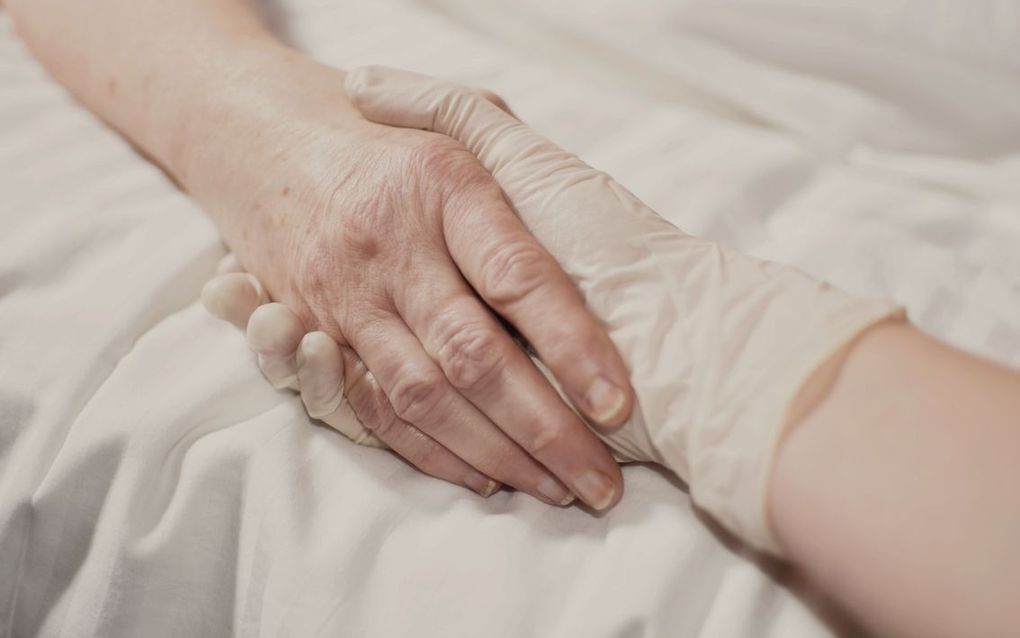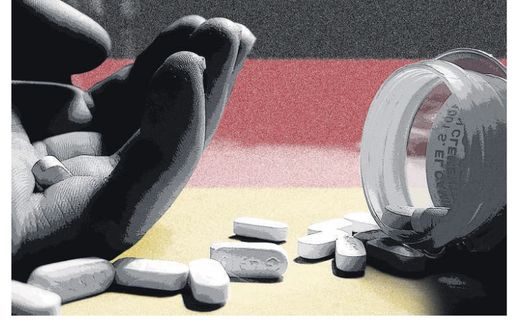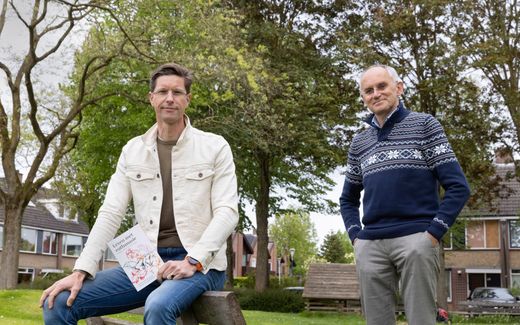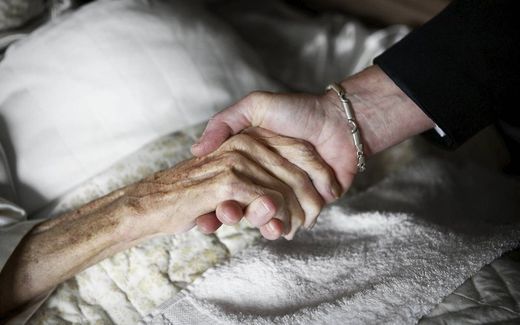Assisted suicide may not become normality, German care president warns

Photo Flickr, Alberto Biscalchin
Central Europe
The absolute taboo on assisted suicide has gone in Germany. But the president of the Christian care organisation Caritas is warning against assisted suicide becoming "the normality."
Eva Maria Welskop-Deffaa wrote an opinion article on the Catholic Church's website Kirche und Leben (church and life).
The bottom line, she says, is the state's task to protect life and prevent suicide. Because of that, it must be prevented that euthanasia or assisted suicide develop into "normal forms of ending life". It is easy to get on such a slippery slope; for instance, in case of supply gaps in care, the website Katholisch.de summarises.
Welskop-Deffaa refers to a decision of the German Constitutional Court in February 2020 that made some space for assisted suicide. Since then, several legal proposals have been tabled, but the Bundestag has not decided yet.

The Caritas president stresses that this decision was taken before the Corona pandemic. After Covid, there is reason to understand the situation differently, she says. Because many older people died a lonely death during the lockdowns because relatives were ill, or older people's homes did not allow many visits. Welskop states that the central message of the Constitutional Court is that it advocates a life-affirming culture. She, therefore, calls for better prevention of suicide.
Protection against pressures
Now politicians are considering legislation, the Caritas president asks for protection against "pressures" that could be active. "The legislature must prevent old and sick people from getting into situations of justification if they want to turn down offers of suicide from third parties."
Part of this is restricted access to suicide drugs. That "saves an important amount of time in the suicidal crisis."
The actual number of suicides in Germany has come down substantially, Welskop-Deffaa writes. In 2019 it was no more than two-thirds of 1990. But the fatal number is still much higher than traffic accidents, violence or illegal drugs. And 40 per cent of the suicides are about people older than 65.
Related Articles







